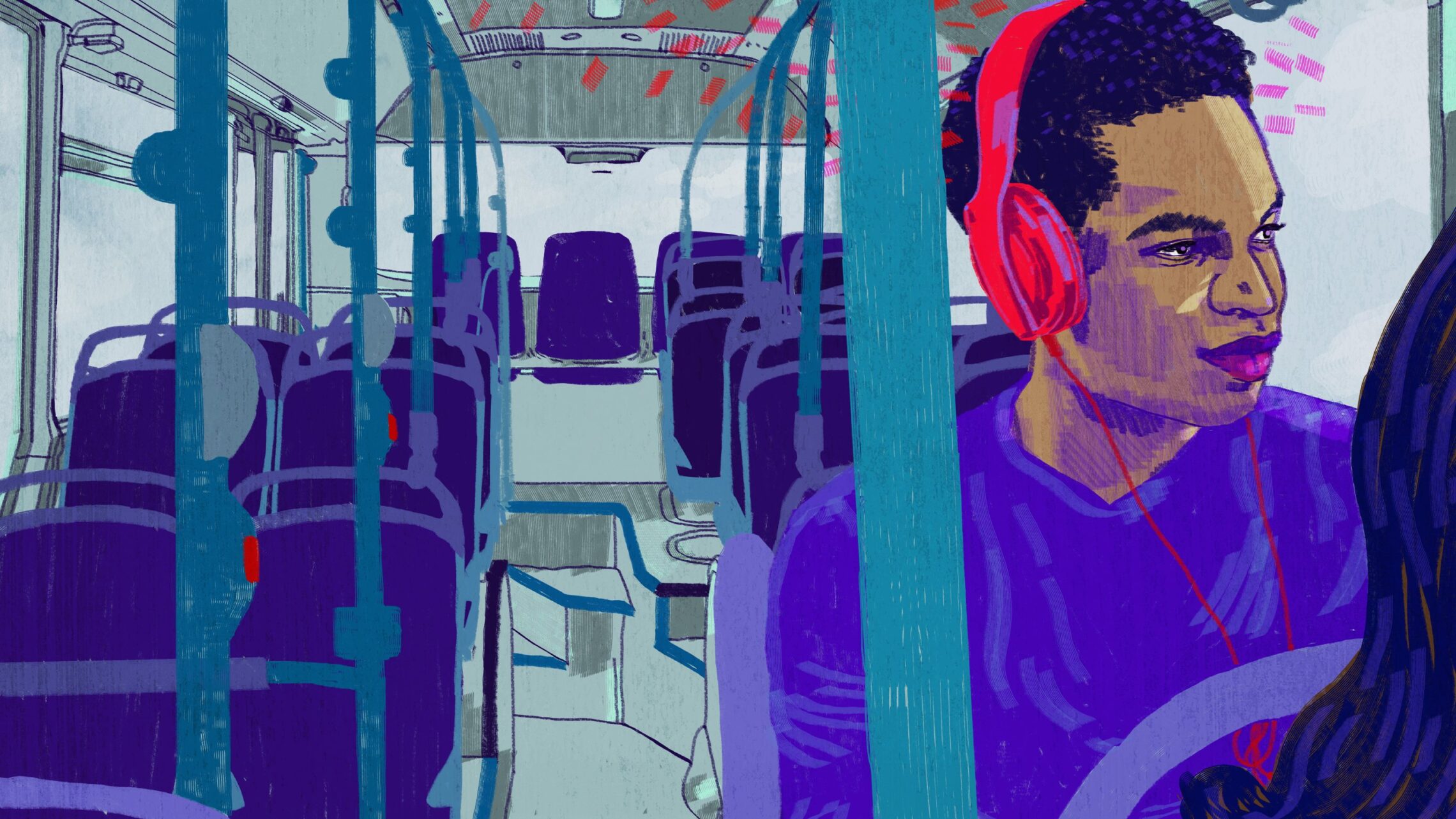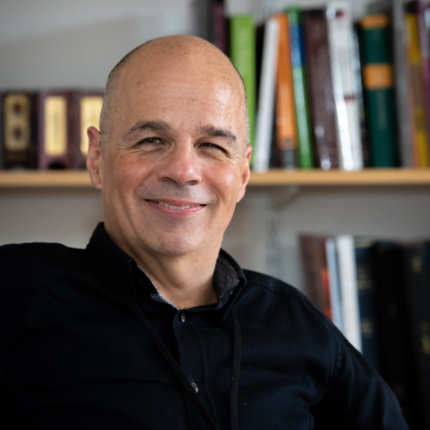Almost all of the public controversies that surround academic freedom and freedom of speech that have purportedly been driving the case for the Higher Education (Freedom of Speech) Bill have concerned or engaged matters of equality or identity.
One side tends to favour their right to debate those issues in pursuit of freedom to speak and academic freedom – which are of course foundational precepts of university life. Others argue that the debate itself is harmful.
Indeed, often both sides consider themselves to be marginalised and oppressed – such as, for example, the case for some women making claims about the fidelity and importance of sex-based rights, and some transgender people making claims about the nature and importance of gender identity.
How should higher education handle that conflict?
Contested issues
As a student myself and throughout my career as a lawyer and in higher education, I have explored contested issues of equality, diversity and inclusion – and related issues of human rights.
During my time at the Equality & Human Rights Commission, when what is now the Equality Act 2010 was the Single Equality Bill traversing the parliamentary stages, there were significant debates as to which identities should or should not be protected, including where they may potentially conflict.
We were involved in considerations of, for example, faith, sexual orientation, disability and when there should be exemptions to comprehensive anti-discrimination provision, involving perspectives of history, culture and the evolving nature of identity.
As a young adult in the early 1980s, I recall that, in relation to sexual orientation, there were really two predominant identities – straight and gay (or lesbian). Now clearly bisexuality (and other identities) existed then and before but, as an identity, it wasn’t as prevalent as it became.
When more people began to publicly identify as bisexual, there was a degree of conflict between them and parts of the lesbian and gay community, many of whom felt that they were “trying to have it both ways” and not facing up to the vicious oppression that lesbians and gay men were experiencing (regardless of the fact that bisexual people certainly faced disadvantage).
Later on, I recall major rows between some disabled people and some abortion rights activists, which engaged profound questions of autonomy and existence. Even today, the predominant group (apart from some religious people) that opposes what appears to be popular support for a relaxation of laws to permit assisted dying for those with terminal and serious illnesses, are some disabled people who see such a move as a threat to their existence.
Meanwhile, there are of course well-known current controversies – for example what is and what isn’t antisemitism and indeed racism in the context of debates around Israel/Palestine, and also conflicts between some faiths and demands for LGBTQ+ rights.
Belief and emotion
In these arenas, there is often a potent mix of personal experience and raw emotion, which makes it hard to fully appreciate the others’ perspective or experience. Each group may consider their very being to be under threat.
In these instances, “debate” and the narrative around it, rational and sincere as it may be, is very difficult.
That is not to say there are no objective facts. And it is certainly not to justify any bullying, harassment or worse, which of course is wholly unacceptable and for which egregious examples are all to prevalent.
But unless we understand both the others’ perspective and critically the painful emotions and feelings that they have around them, resolving conflict will be harder.
Instead, I believe that we must actively frame and nurture an environment that requires and supports discourse, freedom of speech and academic freedom. The tools for that involve a recognition that we have to actively listen and relate even, and especially, where we disagree.
We must also acknowledge accumulated feelings and experiences and painful emotions, even where perspectives may be hurtful or illogical.
There are of course limits to this, as the law recognises, for example, in prohibiting hate speech and discrimination. Discredited so-called “theories”, such as the racist pseudo-science of eugenics, also needn’t be given airtime. But in the long-term, such an approach, particularly where contestation involves marginalised groups (on either or both sides), is I believe necessary.
I am a staunch supporter of freedom of speech and academic freedom, not least because it is essential to sustain a rich, diverse, rigorous, collegiate and inquisitive learning and research environment. Where we have failed in this, we have to do better.
But if we ignore the context in which some contested issues arise for those who have faced historic disadvantage, I think that resolving many of the controversies that have and will no doubt come about will be harder to address.














There is a question here about how we frame ‘debate’. I suspect most folk attend a debate determine to convince ‘the other side’ that they are right. The media and political polarisation of the subjects you mention have exacerbated this. How do we encourage University communities (students and staff) to approach debates as somewhere to listen, be open-minded and learn something new?
I think most students and staff for *almost all* subjects of debate would already approach them in that fashion, even for relatively controversial subjects. People have pretty strong views on e.g. nuclear power but you could hold a “future of Britain’s energy” panel discussion with experts advocating renewables, nuclear, and other alternatives without any problem at all at any university in the country.
The problem with the “culture wars” debates is that one “side” in the “debate” has its existence or legitimacy being threatened. You can’t hold – to pick the article’s example – a “eugenics: good or bad” discussion on that sort of open-minded ground. You can’t expect black/disabled/etc students and staff, or anyone else who acknowledges their humanity, to even accept that as a suitable topic for discussion, never mind having an open mind on which side is right.
The article describes eugenics as a discredited pseudo-science … which is true, but the biggest problem with eugenics isn’t that it doesn’t work, the biggest problem is what if it did.
“You can’t expect black/disabled/etc students and staff, or anyone else who acknowledges their humanity, to even accept that as a suitable topic for discussion, never mind having an open mind on which side is right.” I disagree with the first part on grounds of racial and disability discrimination, in your mind it’s acceptable, in mine, mixed race and disabled it’s not. The “anyone else” is a huge acknowledgement that many ‘white knights’ actually discriminate and cannot accept/give groups such as mine free agency to participate in discussion and debate.
An American Academic friend, and Democrat supporter, recently sent me a cartoon, the message was simple: ‘Truth’, I think therefore I’am, juxtapositioned with, ‘Post-Truth’, I believe therefore I’m right! He thought this was a great attack on the right, failing to realise it applies also to the left.
Jim is a master of inferring from data the conclusions he wants. I can’t believe someone who pontificates about academia can write this kind of thing. His articles could be good case studies for social scientist students to dig out various fallacies. Perhaps Jim could do such a course.